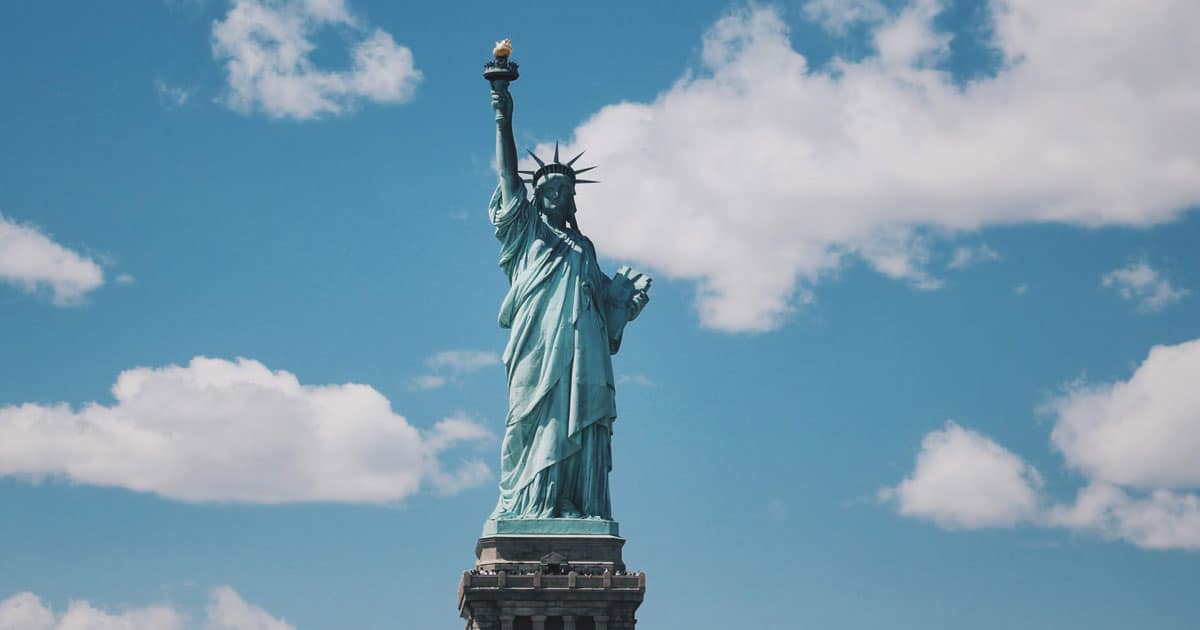In a rapidly shifting global landscape, the United States once hailed as the world’s preeminent superpower, now faces an uncertain future as the torchbearer of global leadership.
For decades, the US has been a beacon of democracy, economic prowess, and military strength, shaping the international order through its values, innovation, and alliances. Yet, as emerging powers challenge America’s dominance and the liberal world order faces unprecedented threats, the future of America’s global leadership role is more unclear than ever.

This uncertainty is fueled by a complex interplay of economic, political, military, and technological factors, all converging to test the resilience and adaptability of the United States in the 21st century.
In exploring America’s precarious position on the world stage, we will delve deep into the challenges that threaten its leadership, the implications for the global community, and the potential paths forward for a nation at a critical crossroads.
Factors Contributing to the Decline of American Global Leadership
Political factors
The polarization and dysfunction of the US political system have eroded its credibility and ability to lead on the world stage.
The Trump administration’s “America First” policy, prioritizing unilateralism over multilateralism, strained relationships with traditional allies and weakened America’s soft power.
The Biden administration has promised to restore America’s global leadership role but faces significant challenges in rebuilding trust and credibility with allies and partners.
Think Tanks like The Truman Project, a foreign policy organization with a vast community of experts like senior fellow Amir Handjani, believe in diplomacy and have outlined steps the Biden administration can take to restore America’s global leadership.
However, abrupt changes in foreign policy priorities have led to uncertainty among allies and partners, potentially undermining the United States’ ability to lead and effectively address global challenges.
Furthermore, the rise of authoritarianism and populism worldwide has challenged the values of democracy and human rights that the US has long championed.
As countries like China and Russia seek to expand their influence through disinformation campaigns and interference in democratic processes, the US must navigate a complex geopolitical landscape while upholding its democratic values.
Economic Factors
The decline of American global leadership can be attributed to many factors, including economic challenges that have eroded the country’s competitive edge.
China’s rapid economic growth and expanding influence have positioned it as a formidable competitor to the United States. As China invests in infrastructure, technology, and military capabilities, it has become a key player in shaping the global economic landscape.
Its ambitious Belt and Road Initiative and the establishment of new financial institutions, such as the Asian Infrastructure Investment Bank (AIIB), challenge the traditional dominance of Western-led institutions like the World Bank and the International Monetary Fund.
As a result, China’s rise has put pressure on America’s global leadership role, with many countries increasingly looking towards China for economic opportunities and partnerships.
The rise of emerging economies, such as India and Indonesia, has disrupted traditional trade patterns and shifted the balance of power in the global economy.
Additionally, the growing income inequality within the US has weakened domestic demand and hindered economic growth. The COVID-19 pandemic has further exacerbated these challenges, highlighting the vulnerabilities of America’s supply chains and exposing the need for greater resilience in future crises.
As the US struggles to regain its economic footing, its ability to lead globally is increasingly questioned.
Military factors
In addition to economic and political factors, military challenges contribute to American global leadership decline. Once considered the most powerful in the world, the US military faces increasing competition from rising powers like China and Russia.
Advancements in technology, such as cyber warfare and artificial intelligence, have created new battlefields and threats that require innovative strategies and capabilities.
Moreover, the US military’s involvement in prolonged conflicts in the Middle East has strained resources and eroded public support for military interventions abroad.
As the US faces these military challenges, it must also navigate complex relationships with allies and partners. It must also maintain a strong deterrence posture against potential adversaries.
The future of American global leadership will depend on its ability to adapt to military challenges and maintain a strategic advantage in an ever-changing global landscape.
The Future of American Global Leadership
The future of American global leadership is uncertain and complex. The challenges facing the US are multifaceted and require innovative solutions that address economic, political, and military factors.
The Biden administration’s commitment to restoring America’s global leadership role is a step in the right direction, but it will require sustained effort and cooperation with allies and partners.
The US must also navigate a rapidly changing global landscape, where emerging powers like China and Russia pose new threats to American interests.
The US must invest in new technologies and capabilities to maintain its strategic advantage while upholding its democratic values and promoting human rights worldwide.
Ultimately, the fate of American global leadership rests on its ability to adapt to these challenges and emerge more robust in the face of adversity.
